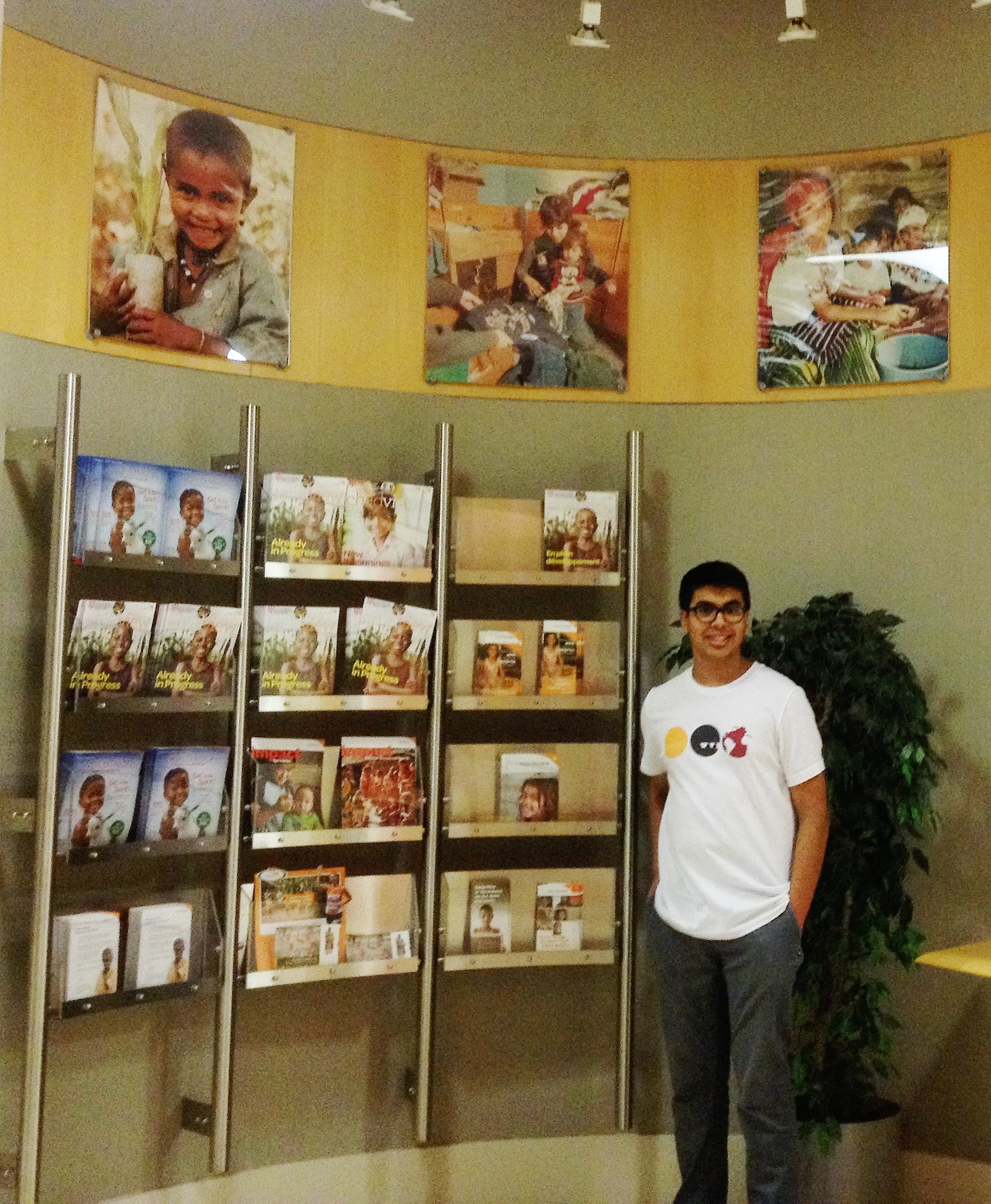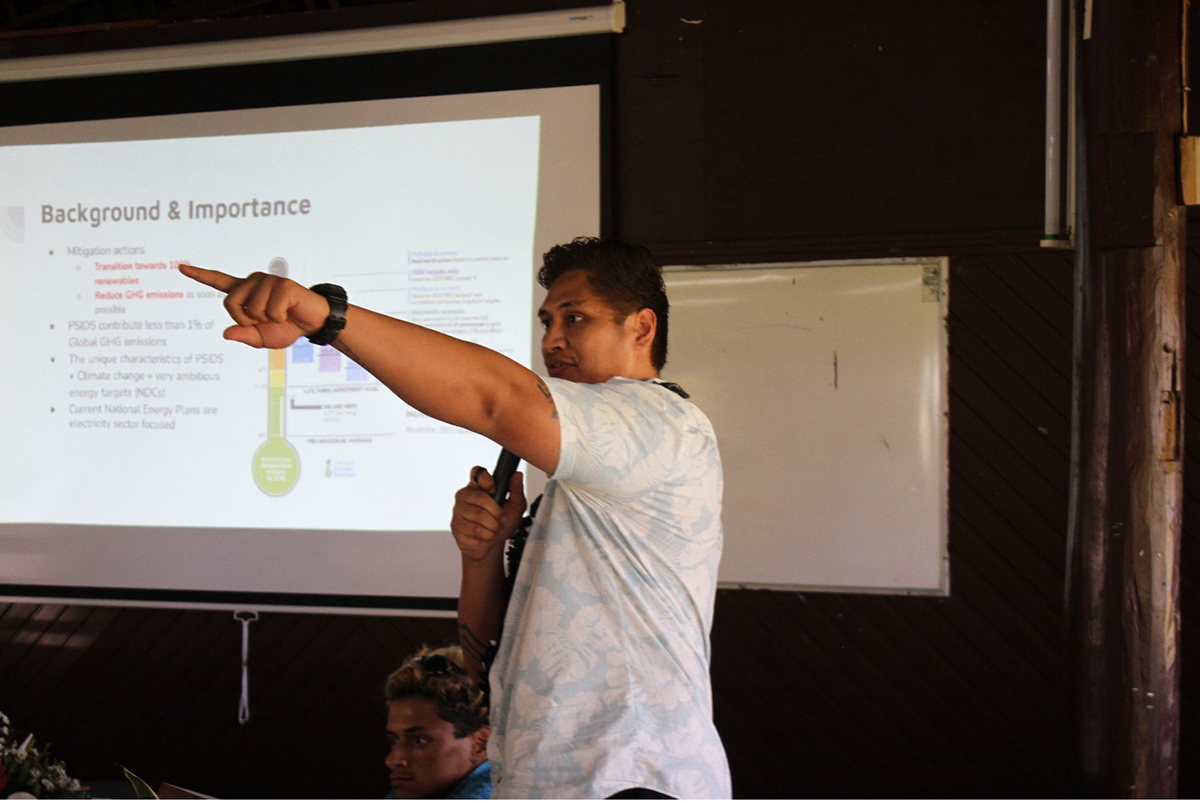“Taking action on the global health in crisis”
September 14 Improving levels of health among the world’s population is a critical goal, writes Harnoor Gill, 17, a Commonwealth Correspondent from Georgetown in Canada, who says individuals can take effective action.
Improving levels of health among the world’s population is a critical goal, writes Harnoor Gill, 17, a Commonwealth Correspondent from Georgetown in Canada, who says individuals can take effective action.
Health is important for all of us in the world and it is imperative that everyone should always be concerned of his or her health.
Living a healthy lifestyle can require overcoming tough obstacles for some, but it should be a given for individuals living in the first world. A healthy lifestyle brings a healthy mind, which allows for greater thinking and an overall boost to one’s ability to demonstrate the work ethic.
The sad fact is that health is at a risk on the global scale due to malnutrition seen in mothers and infants, the global water supply deficit and diseases that are avoidable if proper resources are allocated.
I believe it is time that people of first world nations take the initiative to bring about improvement in the lives of people of the third world and eliminate the mindset of constant negativity. By this I mean the terrible outcomes the media tends to portray about the health of individuals being in jeopardy in developing and least developed nations. It is never too late to improve the quality of life for these people.
The term malnutrition essentially describes the condition in which a person is not getting enough food. Also, when a person is not getting the right type of food malnutrition is right around the corner.
On the global scale, this affects third world nations the most due to the lack of resources in certain communities, but malnutrition is still quite evident in people who live in poverty in first world nations.
According to the World Health Organization, malnutrition is a leading contributor to about one third of all child deaths. It tends to impair healthy development as well as life long productivity.
There are solutions for this terrible outcome, and it involves people of first world nations to raise awareness, contribute funds and support the movement in helping the people who suffer with this everyday.
Water is another fundamental resource to one’s survival. The lack of water can bring about a crisis in terms of health as our bodies require water to function properly. It’s like giving gas to a car; humans need water for their bodies. In third world nations today, there are women and young children who cannot work or go to school for a proper education, as their daily task is to get water. Too often, the water is not very clean and this creates the chance of diseases entering the body.
Usually, it is ideal for communities across the world to have some form of health care provided but in many cases in third world nations, health care can be rudimentary or located at a distance. It is the responsibility of the mass population of the world to realize the global health crisis can be resolved through sustained effort to increase the availability of clean water systems as well as increased support of health care systems in third world nations.
World Vision Canada has a year-round gift catalogue that offers opportunities to help counteract the impact of the global health crisis. In order to combat malnutrition, there is an opportunity for people to purchase livestock for families who can then support themselves. In the fight against the lack of water, there is an opportunity for individuals to help support a community with the opening of a well. Last but not least, the best way to combat diseases is to increase the support of health care for the community. These are all perfect ways of handling the global health crisis that is going on today. If we all fight back together, change will come sooner than predicted.
Photo courtesy of Harnoor Gill
……………………………………………………………………………………………………………
About me: I am a student in Georgetown, Canada, and founder of the Peace Welcome Club. I love to volunteer, read, write, and play basketball. I volunteer with local environmental and youth organizations and am dedicated to raising awareness about youth volunteering. My writing has been published in Indo-Canadian Voice, Asian Journal, Times of India, The Independent & Free Press, and in Amazing Kids! Magazine.
https://www.facebook.com/PeaceWelcomeClub
…………………………………………………………………………………………………………………
Opinions expressed in this article are those of the author and do not necessarily represent the views of the Commonwealth Youth Programme. Articles are published in a spirit of dialogue, respect and understanding. If you disagree, why not submit a response.
To learn more about becoming a Commonwealth Correspondent please visit: http://www.yourcommonwealth.org/submit-articles/commonwealthcorrespondents/
…………………………………………………………………………………………………………………




